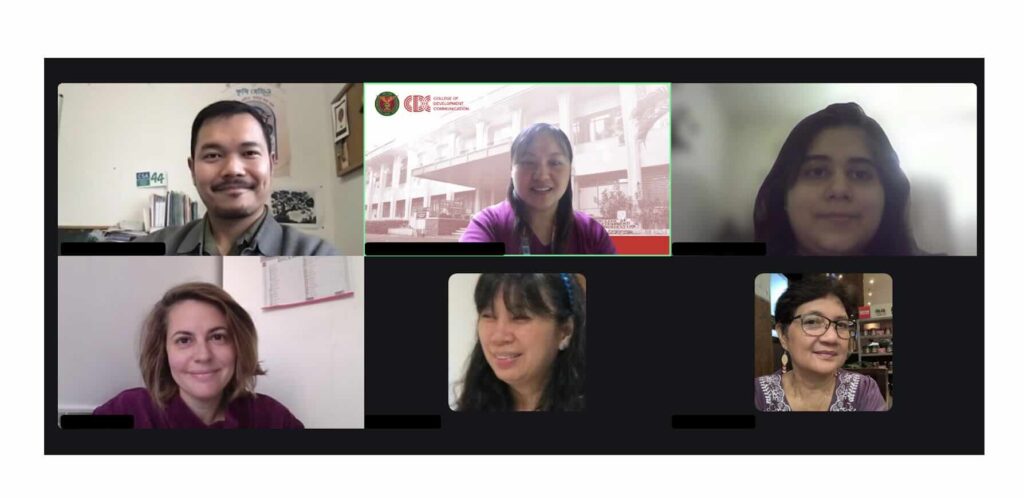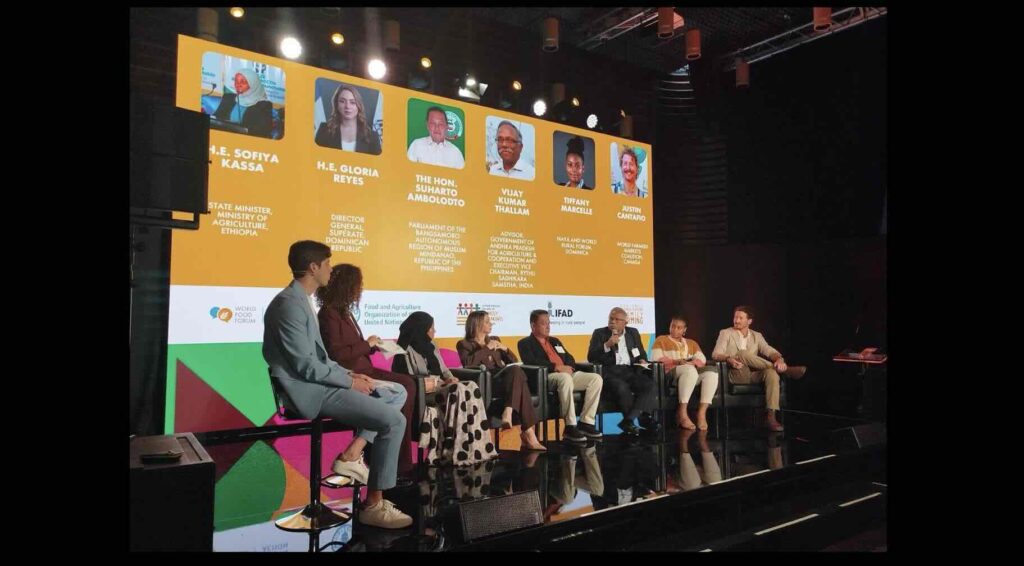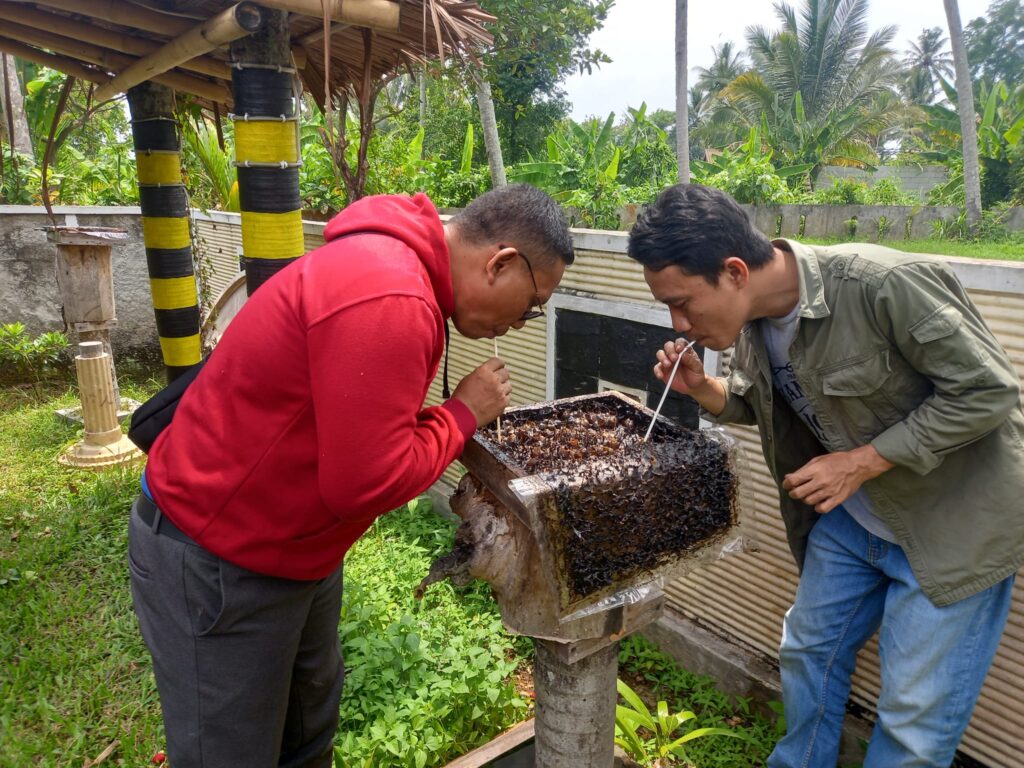Empowering fisherfolk, farmers in Indonesia through the public policy cycle for family farming
As an archipelago, the fishing industry plays a key role in the Indonesian economy. Much effort is needed to ensure its sustainability as it provides food security to more than 200 million Indonesians. Moreover, 21 percent of Indonesia’s agricultural economy in 2012 could be attributed to the fishing industry. Given its role in food security and economy, civil society members have been mobilizing extensively to ensure that policies that support fisherfolk, fish raisers, and salt farmers are enacted and implemented.
Among the notable laws in aid of the fishing industry include the Law of the Republic of Indonesia No. 19/2013 on the Protection and Empowerment of Farmers and the Law of the Republic of Indonesia No. 7/2016 on Protection and Empowerment of Fishermen, Fish Raisers, and Salt Farmers. The former seeks to improve farmers’ welfare and quality of life, provide farmers with resources (particularly financing), protect farmers from economic costs and fluctuations, and strengthen farmers’ organizations. Meanwhile, the latter recognizes the government’s responsibility to protect and improve the welfare of fisherfolk, fish raisers, and salt farmers by ensuring that they operate under favorable conditions and have access to resources, facilities and infrastructure, capital, new technologies, and information.
The passage of such laws was made possible through a series of steps in the public policy cycle. Applying the ‘Learning Framework for Inclusive, Integrated and Innovative Public Policy Cycle for Family Farming’, civil society members first started setting the agenda that prompted the government to help the fisherfolk, fish raisers, and salt farmers. After a series of discussions with stakeholders, the drafts of the laws were formulated and then adopted in the Indonesian House of Representatives. After adoption, different branches and offices of the government started implementing the laws. Meanwhile, monitoring and evaluation activities are done to determine the outcomes and impacts.
This case demonstrates the positive outcome of civil society mobilization and the active cooperation of the sector that prompted actions from the legislative branch of the government.
References:
Food and Agriculture Organization of the United Nations. (2016). Fisheries and aquaculture country profiles: Indonesia. https://www.fao.org/fishery/en/facp/idn?lang=en
Food and Agriculture Organization of the United Nations. (2021 July 5). The public policy cycle for family farming – United Nations Decade of Family Farming (2019-2028). https://www.youtube.com/watch?v=6lt5LJ7ML9Y
Government of Indonesia. (2013). Law of the Republic of Indonesia No. 19 of 2013 on the Protection and Empowerment of Farmers. https://www.fao.org/faolex/results/details/fr/c/LEX-FAOC169497/
Government of Indonesia. (2016). Protection and Empowerment of Fishermen, Fish Raisers, and Salt Farmers (Law of the Republic of Indonesia No. 7/2016 dated April 14, 2016). https://faolex.fao.org/docs/pdf/ins159362.pdf
Photo Credit: Surya Edi Gautama. CC-BY-SA 4.0



